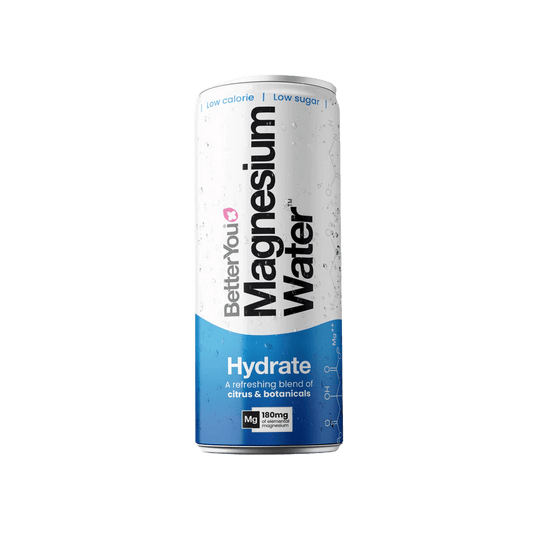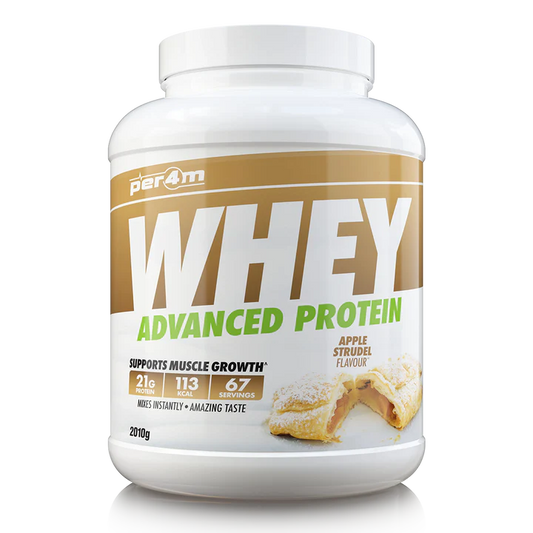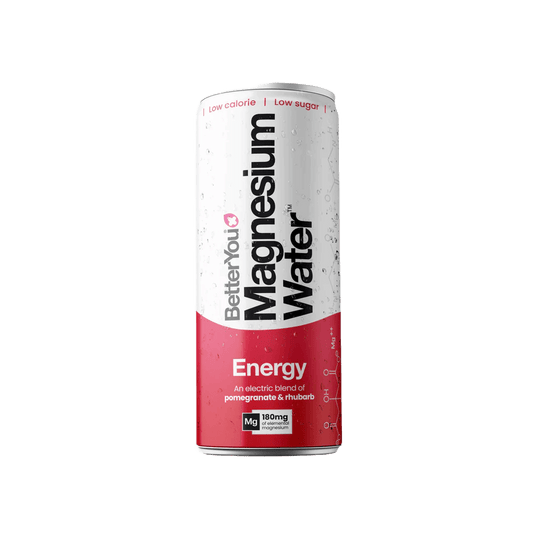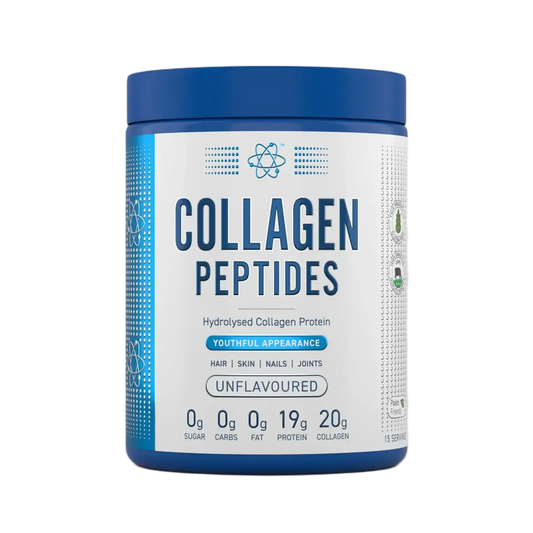Introduction: Why Menopause and Bone Health Are Linked
Most women are surprised when a conversation about menopause shifts toward bone strength. Yet, it’s one of the most serious long-term effects of the hormonal transition. Oestrogen plays a protective role in keeping bones strong by slowing down bone resorption (the process where old bone tissue is broken down). Once oestrogen levels drop, bone breakdown begins to outpace bone formation.
In fact, studies show that women can lose up to 20% of their bone density within the first 5–7 years after menopause. This doesn’t mean osteoporosis is inevitable — but it does mean you need to be proactive. Strength training, diet, and lifestyle matter, but supplements can play a crucial role in plugging nutritional gaps and directly supporting bone density.
Let’s dig into which ones are backed by science and how they fit into a broader menopause support strategy.
1) What Supplements Are Good for Menopause Bones?
If you had to create a core “menopause bone health stack,” it would include:
-
Calcium – Still the cornerstone of bone health. The average woman’s diet often falls short, especially after reducing dairy intake due to lactose intolerance or digestion issues.
-
Vitamin D3 – Without this, calcium absorption plummets. It also supports the immune system and mood, which are often affected post-menopause.
-
Magnesium – Works in tandem with calcium and vitamin D, ensuring calcium is directed into bones instead of soft tissues.
-
Collagen peptides – Bones aren’t just calcium; they’re 30% protein by weight. Collagen forms the flexible scaffolding for calcium crystals to attach to.
-
Omega-3 fatty acids – Lower inflammation in the body, which otherwise accelerates bone loss.
💡 On the shelf, a simple combination like Applied Nutrition Multi-Vitamin Complex (for broad coverage of calcium, vitamin D, and micronutrients), Supplement Needs Omega 3, and Applied Nutrition Collagen Peptides gives you a strong foundation.

2) How to Make Your Bones Stronger During Menopause?
Strength comes from more than just minerals. Here’s the breakdown:
-
Protein intake: Women over 40 often undereat protein. This impacts not only muscles but bone strength as well. Per4m Advanced Whey Protein makes it easy to hit higher daily protein targets.
-
Collagen peptides: Daily collagen helps the bone matrix stay flexible and resilient against fractures.
-
Magnesium water: A hydration and mineral support duo. BetterYou Magnesium Water contributes to muscle relaxation and bone strength at the same time.
Pair supplements with resistance training. Think squats, lunges, and weight lifting — they stimulate bone-building cells. Together, this creates a bone environment that’s both dense and resilient.
3) What Is the Best Supplement to Increase Bone Density?
If you’re looking for the single biggest difference-maker: Calcium + Vitamin D together.
Taking calcium alone is less effective, as your body can’t absorb it well without vitamin D. Add magnesium, and absorption improves even more. Collagen adds the “scaffolding” for calcium crystals to attach to, making the whole system stronger.
💡 Stack suggestion: Applied Nutrition Multi-Vitamin Complex (covers calcium and vitamin D), Applied Nutrition Collagen Peptides, plus Supplement Needs Omega 3 for inflammation balance.

4) How to Reverse Osteoporosis in Menopause?
This is one of the most common Google searches women make, and the truth is: osteoporosis can’t be fully reversed, but it can be slowed or stabilised. Supplements help by:
-
Reducing bone breakdown → Omega-3 fatty acids lower inflammatory cytokines.
-
Improving bone formation → Collagen peptides provide the raw protein structure.
-
Supporting absorption → Vitamin D and magnesium ensure calcium is used properly.
Lifestyle still matters. Weight-bearing exercise is the other half of the equation, as is reducing alcohol and smoking. Supplements work best as part of this larger strategy.

5) What Is the Fastest Way to Increase Bone Density?
“Fast” is relative, since bone turnover is a slow process — it takes months, not days. But here’s how to speed things up as much as possible:
-
Prioritise protein – Aim for 1.2–1.6g per kg of body weight daily. Whey protein and collagen help hit this target easily.
-
Daily calcium + vitamin D – Don’t skip days. Consistency is everything.
-
Add omega-3s – They reduce inflammation that speeds up bone loss.
-
Strength training – Stimulates osteoblasts (bone-forming cells).
💡 A daily shake with Per4m Advanced Whey Protein plus a scoop of Applied Nutrition Collagen Peptides is a practical way to keep protein high while supporting both bones and muscles.
Which Supplements Help Menopause-Related Bone Loss? (Part 2)
6) Can Vitamin D Reverse Osteoporosis?
Vitamin D is one of the most researched nutrients for bone health. It doesn’t just help with calcium absorption — it regulates how calcium and phosphorus are deposited into bones. Without enough vitamin D, even a high-calcium diet won’t build bone strength.
But can it reverse osteoporosis? The honest answer: no, not entirely. Once bone density is lost, it’s very difficult to rebuild completely. However, vitamin D, combined with calcium, collagen, and weight training, can stop further loss and in some cases restore small amounts of density.
💡 A daily dose of Applied Nutrition Multi-Vitamin Complex ensures consistent vitamin D intake alongside other key micronutrients.
7) What Drink Is Good for Bone Repair?
When it comes to repairing bones, drinks rich in protein, calcium, magnesium, and collagen are best. Smoothies blended with whey protein, leafy greens, and almond milk make a nutrient-dense option.
Supplemental drinks can also play a role:
-
Per4m Advanced Whey Protein – delivers the amino acids bones need.
-
BetterYou Magnesium Water – supports muscle relaxation and bone mineralisation.
-
Water + Electrolytes – essential for hydration, which indirectly supports bone recovery.

8) Which Supplements Help Bones Heal?
Beyond calcium and vitamin D, there are other players:
-
Collagen peptides → create the structure for calcium to attach.
-
Magnesium → regulates bone turnover and prevents calcium misplacement.
-
Omega-3s → support healing by lowering inflammation.
-
Protein → ensures muscles around the bones stay strong and reduce fracture risk.
💡 Combining Applied Nutrition Collagen Peptides, Supplement Needs Omega 3, and Per4m Advanced Whey Protein gives comprehensive support for recovery.
9) Can You Regain Lost Bone Density?
The body does have the ability to increase bone density, but only under the right conditions. Strength training is the most effective trigger — without it, supplements won’t build bone on their own. However, when paired with:
-
Collagen + protein
-
Calcium + vitamin D
-
Magnesium + omega-3s
…bone density can improve, or at least stabilise.
💡 Applied Nutrition Multi-Vitamin Complex plus a daily whey + collagen shake creates a foundation for regaining lost strength.
10) What Vitamins Are Good for Bone Density?
Several vitamins play a role beyond the “big names”:
-
Vitamin D3 → the master regulator of calcium absorption.
-
Vitamin C → essential for collagen production.
-
Vitamin K2 → directs calcium into bones instead of arteries.
-
B vitamins → support energy metabolism, important for recovery.
💡 Applied Nutrition Multi-Vitamin Complex provides broad coverage, ensuring you don’t miss key bone-supportive vitamins.

🧠 FAQ: Menopause and Bone Health
1. What vitamins should I take after menopause for bone health?
Vitamin D, calcium, magnesium, collagen peptides, and omega-3 are the most effective.
2. Do collagen supplements help with menopause bone loss?
Yes — collagen supports the protein matrix of bones, making them stronger and more flexible.
3. What’s the best way to prevent osteoporosis after menopause?
Strength training, a protein-rich diet, and consistent supplementation with vitamin D, calcium, magnesium, collagen, and omega-3.
4. Can I take creatine for bone health?
Interestingly, creatine may indirectly support bone density by improving strength and muscle mass — reducing the risk of falls. Naughty Boy Prime Creatine is a smart addition.
5. Should I take protein supplements for bone strength?
Yes — protein is crucial for bone repair. Whey protein and collagen peptides are excellent choices.
6. Does magnesium really matter for bones?
Absolutely — it’s the “calcium balancer.” Without enough magnesium, calcium can be deposited in soft tissues instead of bones.
7. Can omega-3s reduce fracture risk?
Yes — by lowering inflammation and supporting bone-building cells.
8. How quickly can supplements improve bone density?
Visible improvements in scans can take 6–12 months, but benefits (like less joint pain) may be felt sooner.
🏁 Conclusion: Building Stronger Bones Through Menopause
Bone loss in menopause may feel inevitable, but the right combination of supplements, strength training, and diet can change the story. While you can’t completely reverse osteoporosis, you can protect your bones, slow down loss, and even regain some density over time.
The winning formula? Calcium, vitamin D, magnesium, protein, collagen, and omega-3s. Together, they create the raw materials and structural support bones need to stay resilient through menopause and beyond.
👉 Your bones are your framework. Give them the daily nutrition they deserve, and they’ll carry you strongly into the next chapter of life.





